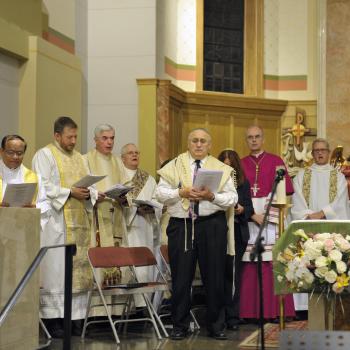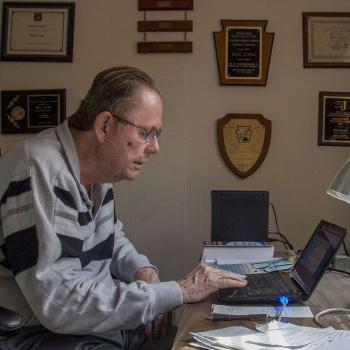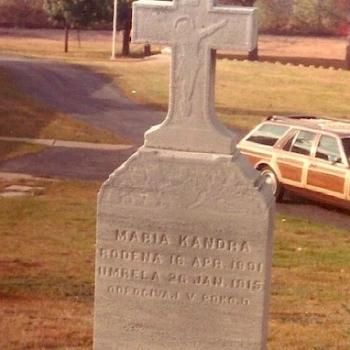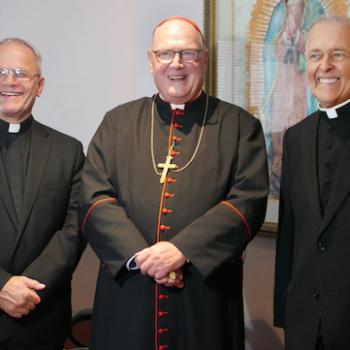In 1982, my first job out of college was as a Production Secretary for the CBS Evening News in Washington. I got up every morning and took the subway from Silver Spring to DuPont Circle, then walked a few blocks to the small, squat two-story building on M Street that was the home of the Washington bureau. I spent my days rolling wire copy, typing scripts on massive IBM Selectric typewriters, picking up lunch for the producers, and answering the phones. But famous faces drifted in and out. After being initially stunned and terrified, I gradually got used to seeing in person people I’d only encountered before on television: people like Lesley Stahl, Bruce Morton, Phil Jones, Bill Plante. Dan Rather dropped by every couple months. It wasn’t uncommon to spot Diane Sawyer, Bill Kurtis or Charles Kuralt passing through. And then there were The Bobs: Bob Simon, Bob Schieffer, and Bob Pierpoint.
In the early ’80s, Bob Pierpoint was the State Department Correspondent. He had a well-worn trenchcoat and a passport that had been stamped with every country you can name, and a lot you can’t. He remained an enduring connection to the Golden Age of CBS — someone who had known and worked with Murrow and Cronkite and who had helped to invent broadcast news. By the early ’80s, the industry was changing, and Bob knew that his time had passed. He retired in 1990. Last night came word that he had died in California at the age of 86. The Atlantic’s James Fallows knew him well:
Bob Pierpoint was a mainstay of CBS News during the golden age of that organization. He was part of the Murrow team and covered the Korean War while in his 20s. He became a White House correspondent during the Eisenhower Administration and stayed on that beat through the time of Jimmy Carter and beyond.
…When I was growing up, Bob Pierpoint was the most glamorous product of my home town in California. (That was before Redlands’s own Brian Billick went on to win the Super Bowl, and Landon Donovan became Mr. Soccer USA.) He would come back and tell our public school assemblies what it was like to cover the Kennedy or Johnson Administrations; this was as close as we came to first-hand contact with national politics. He was patient, generous, and non-big-shot-ish in a way I noticed then and admire more in retrospect. He was two days older than my father, and a good friend to my parents and tennis rival to my father when he was in town. When my wife and I first moved to Washington he and his wife Patty served in loco parentis for a while.
He will be remembered, and should be, as a connector to a different, prouder era in broadcast news. But he was also a good friend, husband, and father. Our sympathies to his family.
Read more at the link — and get the scoop behind the picture below. And there’s a full obit from the AP right here, including a fascinating tidbit about a unique role he played in television history, on the finale of “MASH”. Rest in peace, Bob.












